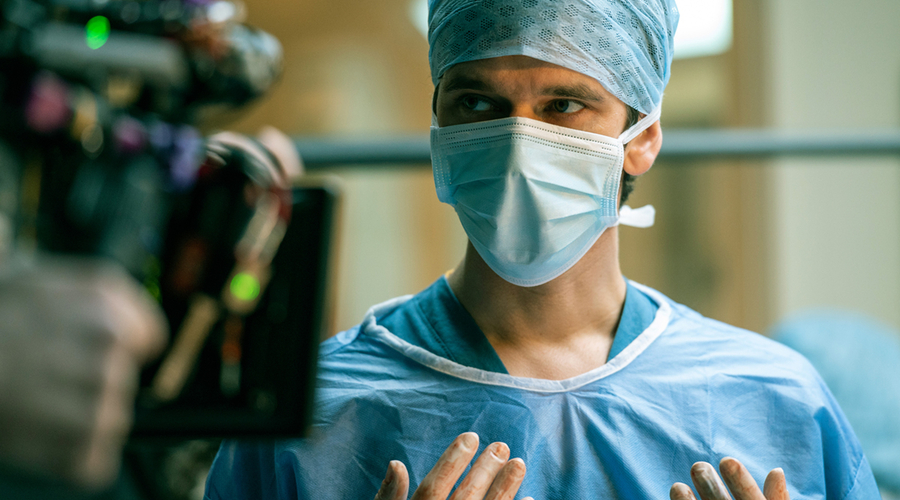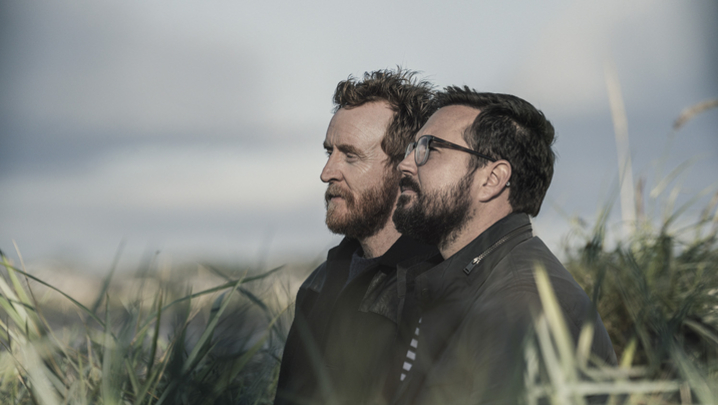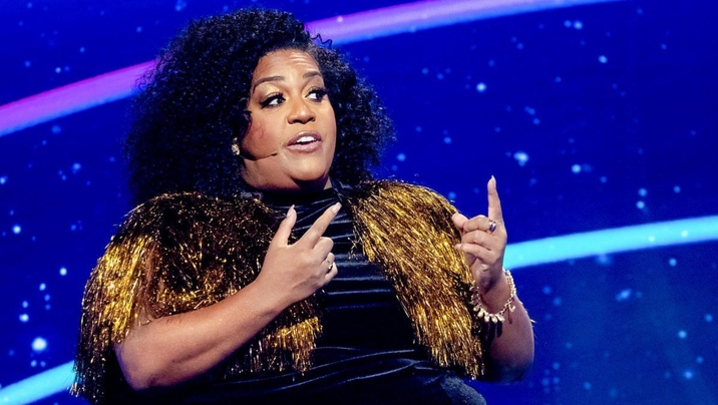Charlie Easmon casts a medic’s eye over the acclaimed This Is Going To Hurt and compares it with other TV hospital dramas.
I squirmed in my seat when former doctor Adam Kay verbally eviscerated a heckler. He was as sharp as a surgeon’s scalpel and as mean as a betrayed woman in a blues song. It hurt. Anyone attending his live shows: be warned.
His new medical drama, BBC One’s This Is Going To Hurt, should come with a health warning. This is not because of the gore (of which there is plenty), but because one aspect of junior doctors’ lives has improved since his and my time – though this, sadly, could soon regress with Brexit.
Love or hate the EU, the European Working Time Directive made our lives easier and patients safer, while formal training plans got rid of a lot of nepotism. But, like the bad guy in a horror movie, the smarmy old school tie is creeping back. Junior doctors work far fewer hours than in my and Kay’s day. Today, however, they are stressed by having to do loads more in those hours, and the higher-ups need to do more on site.
British medical dramas have inevitably reflected the severe underfunding and under-resourcing of the NHS. This Is Going To Hurt captures this perfectly. A favourite line of mine from the series is, “You losing your shit at me isn’t going to suddenly magic up any more doctors.” The problems are made worse by the waste, over-management and inefficiency that get brushed under the linoleum for ministerial or Royal visits. We always used to say that the Queen must think that every hospital smells of fresh paint.
This Is Going To Hurt is as different from previous medical dramas as John Osborne and the angry young men’s plays were from traditional British theatre in the 1950s. Like them, Kay has irreverently shown the bare-faced truth, in this case of disillusioned doctors in under-resourced settings. The show is far from the heroism of US medical dramas such as ER or Grey’s Anatomy.
There is no George Clooney here or gorgeous, sexy female junior Dr Grey chased by an equally hot colleague more than keen to explore her anatomy.
Previous UK medical dramas, such as Cardiac Arrest, Bodies, Casualty or Holby City, show the frustrations of the medical team, but they don’t expose the dirty laundry as explicitly as this show does. In the 1950s, audiences were shocked out of complacency by “kitchen sink” drama. We now, at last, have a realistic “hospital gore and guts” drama featuring worn-out anti-hero, Adam, expertly played by Ben Whishaw. If there is an RTS award or Bafta for casting directors, the person or team who chose this fine actor to humanise an otherwise unsympathetic role deserves it.
In my junior doctor years, thanks to tiredness and frustration, I became as unpleasant to some more naive juniors as Kay did. After I left traditional hospital medicine, I told colleagues, “Find me the happiest man or woman in Britain and put them in the role of junior doctor for one month and I assure you that at the end of that period you will have a snarling beastie.” Sad but true.
The consultants are shown to be superior, condescending or so hardened that they could, without a blink, order cannon fodder out of their trenches. This dramatic tension is evident in all medical dramas and reflects reality. Once you get to the top of the tree, you have little desire to reach down to those scrambling at the bottom. Fortunately, there are delightful exceptions. One of these modelled himself on Sir Lancelot Spratt from the 1954 hit comedy Doctor in the House – no joke, his nickname was Bodger.
A consultant, Miss Houghton (played to perfection by Ashley McGuire) in This Is Going To Hurt, reminds me of the 1000cc motorbike-riding, beer-swilling, crew-cut orthopaedic surgeon of my day who could and would drink any foolish male under the table and then might join him for a bit of what Dr Grey started with. I am sure she would have uttered my other favourite line from This Is Going To Hurt and keep a “stiff upper labia”.
Adam’s homosexual relationship is handled sensitively and without cliché. Interestingly, some viewers were shocked by this and thought it was the BBC trying to be woke. Kay tweeted to one man that, since he did not believe the facts of his autobiography, he would happily break the news to his husband.
Many doctors have been advisers on medical dramas, but not many have been the main script writer. Among this elite few, Jed Mercurio shines bright. Twice I have had the pleasure of hearing him talk. When his Cardiac Arrest was first screened, I was excited to see a drama that realistically showed the adrenaline rush as you ran, jolted from sleep, to try to save a life with a team equally exhausted.
In Bodies, he showed the reality that technical competence has nothing to do with likeability. The braggart surgeon to whom you would give a wide space in the bar is exactly the person you need while asleep under anaesthetic to expertly fix your organs or remove them. The affable but incompetent decent chap or chapess may leave swabs inside your cavities or the wrong connections to your plumbing.
We see the true urgency of medical emergencies in This Is Going To Hurt, and the randomness of junior doctors performing procedures of which they have little experience – those old chestnuts, “See one, teach one, do one”, and “How else are they going to learn?” As the EU told us: training, that is how.
Class features prominently in the drama. Kay rebels despite his own posh background. He is appalled at the luxurious but dangerously inefficient private sector. This, though, is the reality of the situation: the best place for a medical emergency is the NHS. When serious things go wrong in its palatial clinics, the private sector is entirely reliant on the NHS.
Race and overt racism feature a lot in This Is Going To Hurt. Medical dramas tend to be good for actors of colour because they can play any part of the medical or administrative system. They appear to have got the balance right in this series.
Bus drivers do not generally go on bus or coach holidays. Practising doctors like me often avoid medical dramas. To write this, I watched and enjoyed all of This Is Going To Hurt and revisited other medical dramas.
To emphasise, This Is Going To Hurt gets many things right about life in the NHS before the improvement in junior doctors’ hours. I am sure many aspects are still problematic because of under-resourcing, which will not have been helped by the pandemic.
One of the sadder things about watching the show is that the recent report on obstetric and gynaecology services at the Shrewsbury and Telford Hospital NHS Trust confirmed that underfunding and poor staffing levels contributed to increased baby deaths.
Our free health service has its flaws, from overbooked outpatients to lack of adequate support for junior doctors and nurses.
British medical dramas can juxtapose the jeopardy caused by worn-out staff and poor resourcing with the human stories that provide endless fuel for a public for whom health is a number one topic of conversation. Listen in at any bus stop.
US medical dramas, based on a well-funded private service, can go big on technology and resources, so tension has to come from the relationships between characters. However, I am not aware of a US drama that shows the reality of the awful fact that the main cause of personal bankruptcy in the USA is medical bills.
My only criticism of This Is Going To Hurt is that I don’t remember any of us taking personal calls while we were working, but goodness knows what is happening with smartphones on the not-so-smart wards today.
Dr Charlie Easmon is medical director of Your Excellent Health Service.
Photo credit: BBC





